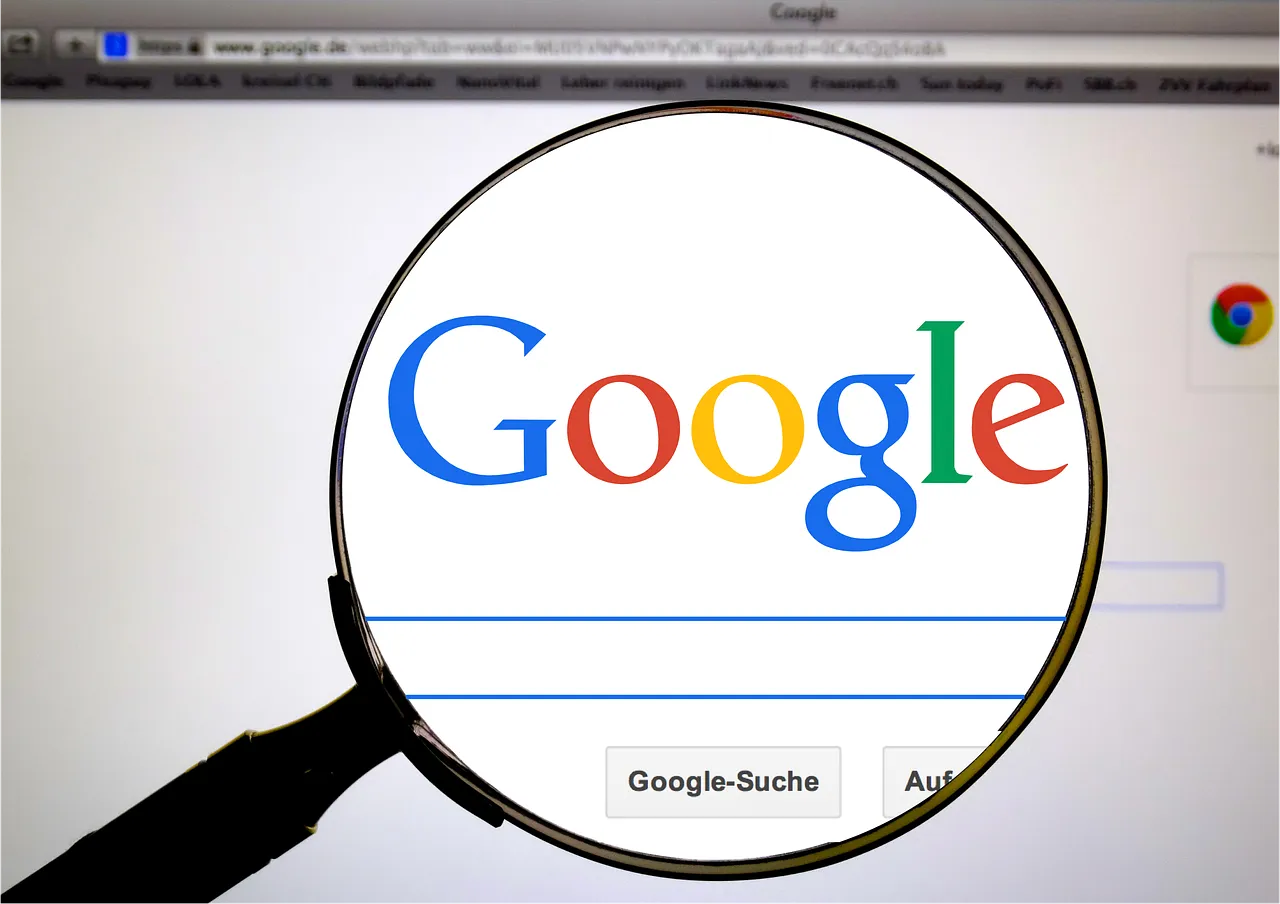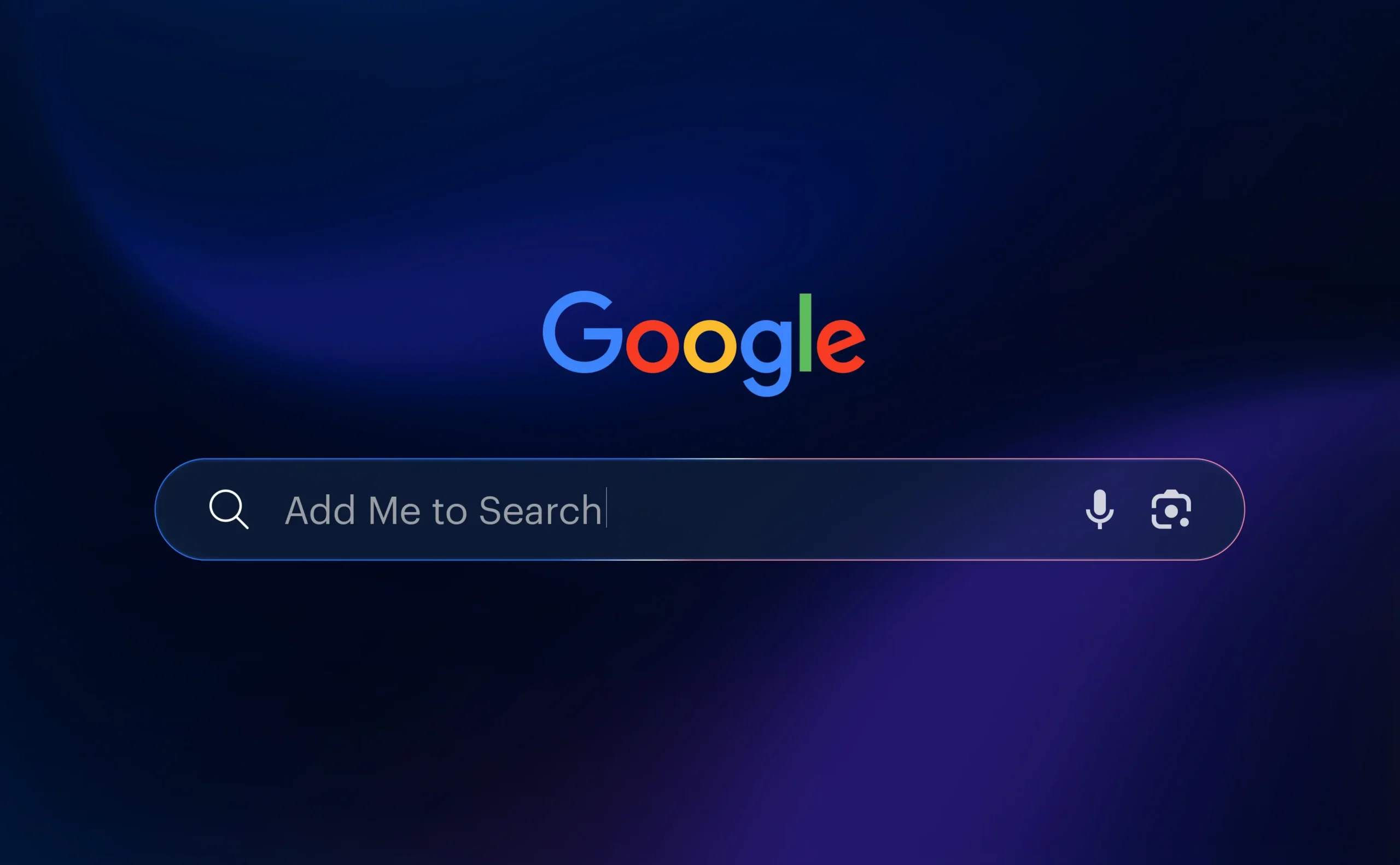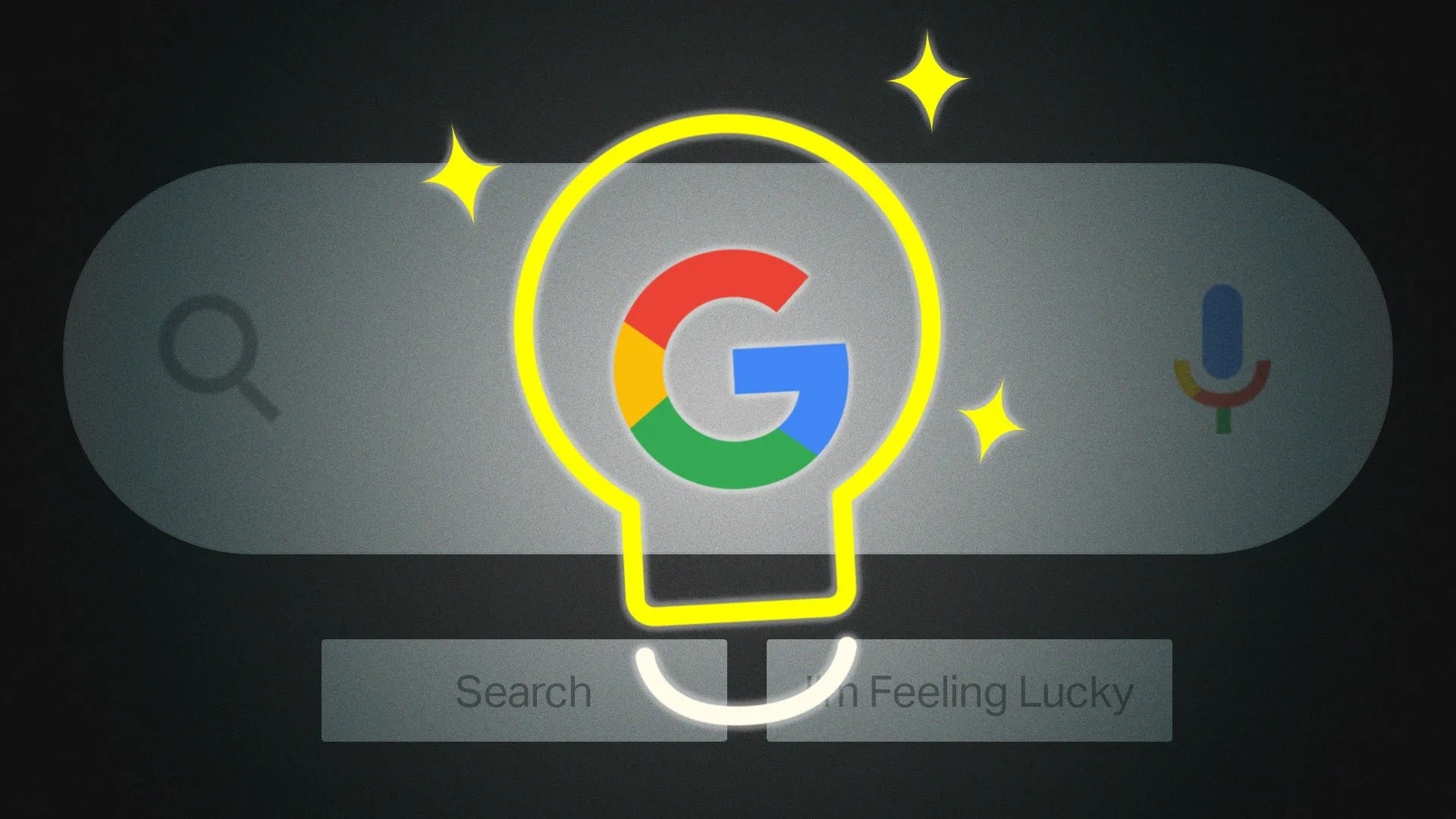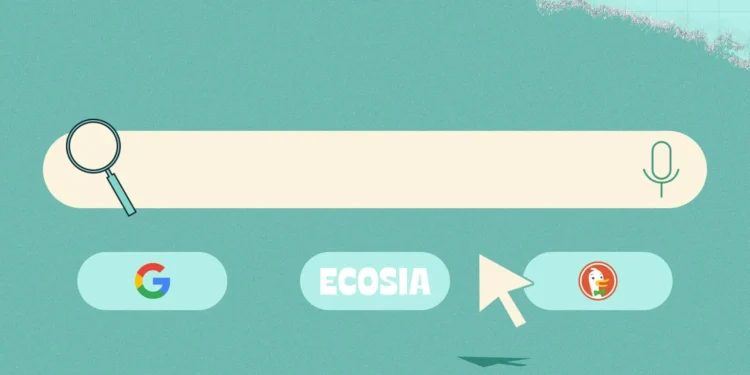It’s a sentiment increasingly echoed by users across the globe—the tools and apps we once relied on don’t seem to work as they used to. From smart home devices like the Nest Hub Max, which struggles with even the simplest questions, to our social feeds on Instagram, Facebook, and Twitter being inundated with ads, recommendations, and AI-generated content, there’s a growing disillusionment with technology that was once cutting-edge and reliable.
In particular, Google Search, a cornerstone of the internet’s infrastructure, is under scrutiny. Once hailed as the ultimate gateway to knowledge, its reliability is now being questioned by frustrated users. “Google Search has gotten so frustratingly awful, so filled with inaccurate information and incorrect results, I’m just not sure I can trust the platform to be my default search platform for much longer,” reflects the prevailing user sentiment. This dissatisfaction is not isolated, as discussions about the downfall of search functionalities are rampant online.

The Catalysts for Change: Why Users Are Drifting Away
The issues with Google Search are multifaceted. Users find themselves grappling with a platform that seems more focused on serving ads than providing accurate search results. The shift from a user-centric model to one that prioritizes profit over functionality has not gone unnoticed. Moreover, the introduction of AI-generated responses has often led to misleading and incorrect information, further eroding trust.
This growing frustration is palpable. As one navigates through the digital noise, the once-clear voice of Google Search seems muffled by commercial interests and algorithmic mishaps. The effect is a digital environment where genuine connections and reliable information are increasingly hard to come by.

As trust in Google wanes, users are exploring alternatives. Whether it’s privacy-focused search engines like DuckDuckGo, which promise not to track user data, or newer, innovative platforms designed with accuracy and user experience in mind, the landscape is changing. This shift represents not just a temporary frustration, but a fundamental change in user expectations and demands.

The decline in Google Search’s reliability might signify a turning point, prompting users to seek platforms that align more closely with their needs for privacy, accuracy, and a user-friendly experience. As the digital world evolves, so too must the tools we use to navigate it, leading us to question whether we are witnessing the end of an era for Google Search or the beginning of a new chapter in digital exploration.
In the search for reliability and trust, the internet community stands at a crossroads. The path chosen may very well redefine our interaction with technology in the years to come.










